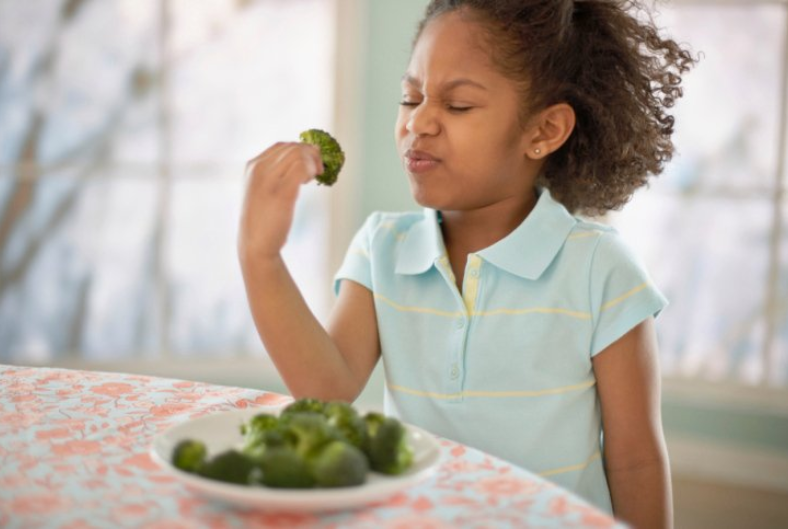Food allergies in children, also known as child food allergies, are a growing concern in pediatric allergy management today. As parents, caregivers, and healthcare professionals, it’s essential to understand the realities of child food allergies, dispel allergy myths, and ensure proper pediatric allergy management to safeguard children’s health and well-being.
Understanding Child Food Allergies
Child food allergies occur when the immune system mistakenly identifies a specific food as harmful and reacts to it. This reaction can range from mild symptoms like hives or an upset stomach to severe, life-threatening reactions known as anaphylaxis. Common child food allergens include peanuts, tree nuts, milk, eggs, soy, wheat, fish, and shellfish.
Dispelling Allergy Myths
Despite widespread awareness, there are many misconceptions surrounding child food allergies. One prevalent myth is that child food allergies are not serious or that children will outgrow them. However, the reality is that child food allergies can be life-threatening, and while some children may outgrow certain allergies, others may have them for life. It’s crucial to take all child food allergies seriously and manage them appropriately.
Addressing Food Allergy Misconceptions
Another common misconception is that avoiding allergenic foods entirely is the best approach. While strict avoidance is necessary for children with severe allergies, it’s essential to ensure nutritional adequacy by providing alternative sources of essential nutrients. With proper guidance from healthcare professionals, children can maintain a balanced diet while managing their child food allergies effectively.
Importance of Pediatric Allergy Management
Pediatric allergy management plays a crucial role in ensuring children’s safety and well-being. This involves accurate diagnosis, education on allergen avoidance, emergency preparedness, and ongoing monitoring. Healthcare professionals, including pediatricians, allergists, and dietitians, collaborate to develop individualized management plans tailored to each child’s needs.
Supporting Children with Food Allergies
As parents and caregivers, it’s essential to create a safe environment for children with child food allergies. This includes educating family members, caregivers, teachers, and other caregivers about allergen avoidance and emergency procedures. Additionally, teaching children to recognize and communicate their child food allergies empowers them to advocate for their health and safety.
Nutritional Adequacy and Child Food Allergies
Ensuring nutritional adequacy is a primary concern for children with child food allergies. Eliminating allergenic foods from their diet can pose challenges in meeting their nutritional needs. However, with careful planning and guidance from healthcare professionals, children can maintain a balanced diet that provides all essential nutrients. Incorporating alternative sources of protein, calcium, iron, and other nutrients is essential for supporting their growth and development.
Overcoming Challenges and Diversity
Managing child food allergies requires patience, diligence, and resilience. While it may seem daunting at times, it’s essential to focus on the positive aspects and celebrate the diversity of foods that children can enjoy safely. By fostering a supportive and inclusive environment, we can help children with child food allergies thrive and live life to the fullest.
A word from the doctor —
Child food allergies present unique challenges for families and healthcare providers alike. By dispelling allergy myths, addressing misconceptions, and prioritizing pediatric allergy management, we can ensure the safety and well-being of children with child food allergies. With proper education, support, and nutritional guidance, children can navigate their allergies confidently and enjoy a healthy, fulfilling life.
So, get started by contacting us right away.

